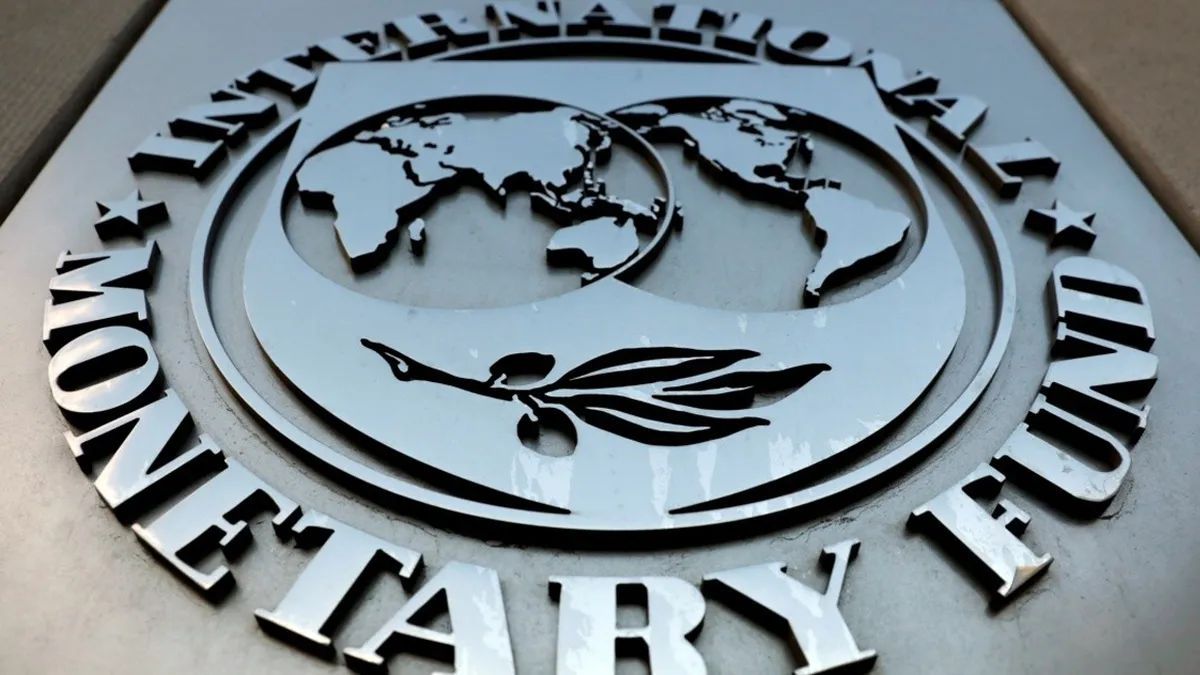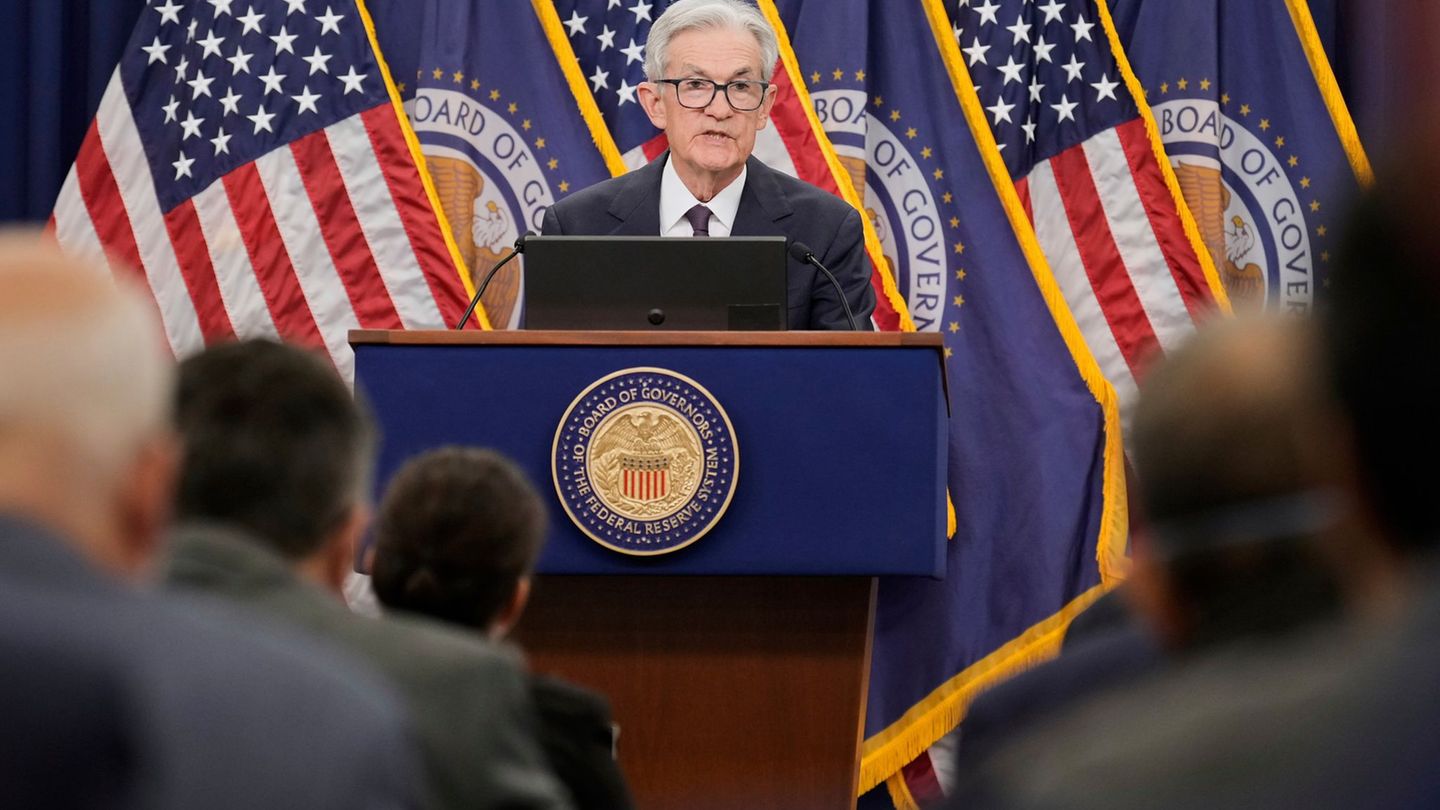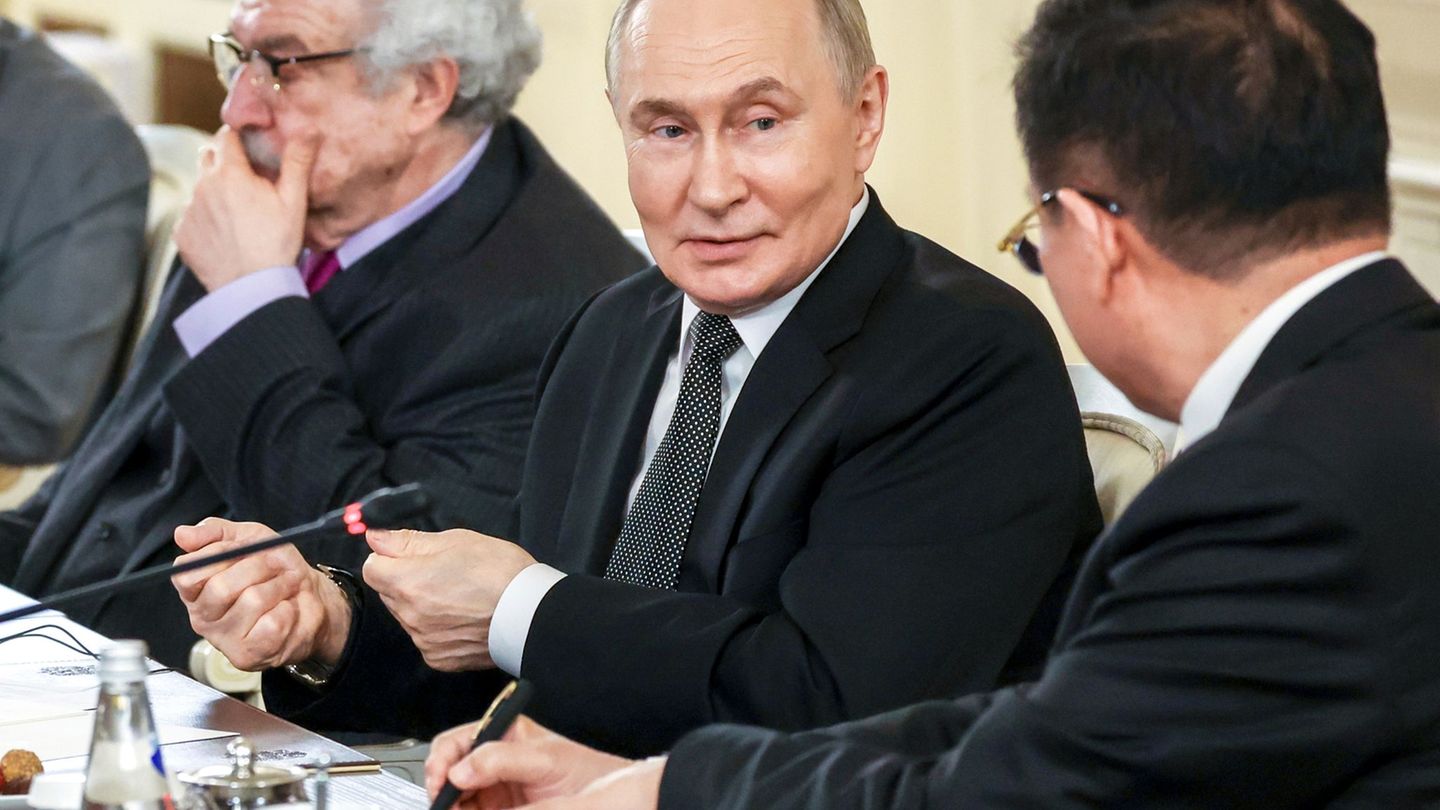From the point of view of spending, the aforementioned statement mentioned in particular having agreed on “a strategy to progressively reduce energy subsidies.” Later, on March 3, a new statement from the IMF team reported having reached an Extended Service Agreement (SAF) with Argentina for US$45,000 million with a 30-month term. Among other things, said declaration indicated the intention to reduce “non-targeted energy subsidies”. This issue has given rise to a debate between the promoters of a “rate segmentation” for electricity and gas (through which users with greater purchasing power would pay higher rates) and those who maintain that it would not generate substantial savings and that, therefore, generalized raises are required.
The new Agreement with the IMF, according to the respective statement from the National Ministry of Economy, will include differential rate increases based on the categorization of residential users into three different levels (high income, social rate beneficiaries, and the rest) for the biennium 2022/23, after a public hearing. Non-residential users, for their part, would start to pay the full rate in the case of large distributor users (GUDI); while the rest of these users would be subject to what was resolved through review in a public hearing. It should be noted here that any increase in public service rates produces an increase in tax collection through their tax component (VAT and others) in the absence of possible compensatory reductions (for example, through the parallel reduction of the rates applicable).
On the other hand, although there are still no details on specific tax measures that accompany the projected decrease in the primary deficit, some possible initiatives have been made public; such as:
- Implementation of a revaluation applicable to the Tax on Personal Assets. Said revaluation would have an impact on the Tax base (property, ships and aircraft, automobiles) producing a higher collection without modifying the rates.
- Update of the fixed amounts corresponding to the Tax on Liquid Fuels and Carbon Dioxide, whose quarterly adjustment in accordance with the variation of the CPI has not been made for a year (the Agreement with the IMF contemplates, even, its eventual transformation into a tribute ad valorem).
- Reimplantation of the Wealth Tax. This tax, sanctioned in December 2020 to cover the expenses derived from the pandemic and in force only for the year 2021, would now become annual and would continue to operate “as long as the debt contracted with the IMF is paid.”
Although the sanction of new taxes that accompany the Program agreed with the IMF does not seem easy, given that sectors of the opposition have expressed themselves against such projects, it is equally unlikely that an initiative aimed at balancing public accounts, ( albeit gradually) does not imply, in one way or another, greater tax pressure. The recent suspension until December 31 of this year of the previously effective reduction of export duties on soybean meal and oil, which determines its increase from 31% to 33%, seems to be a measure in the direction indicated .
Director of Corporate Finance of SMS Buenos Aires.
Source: Ambito




